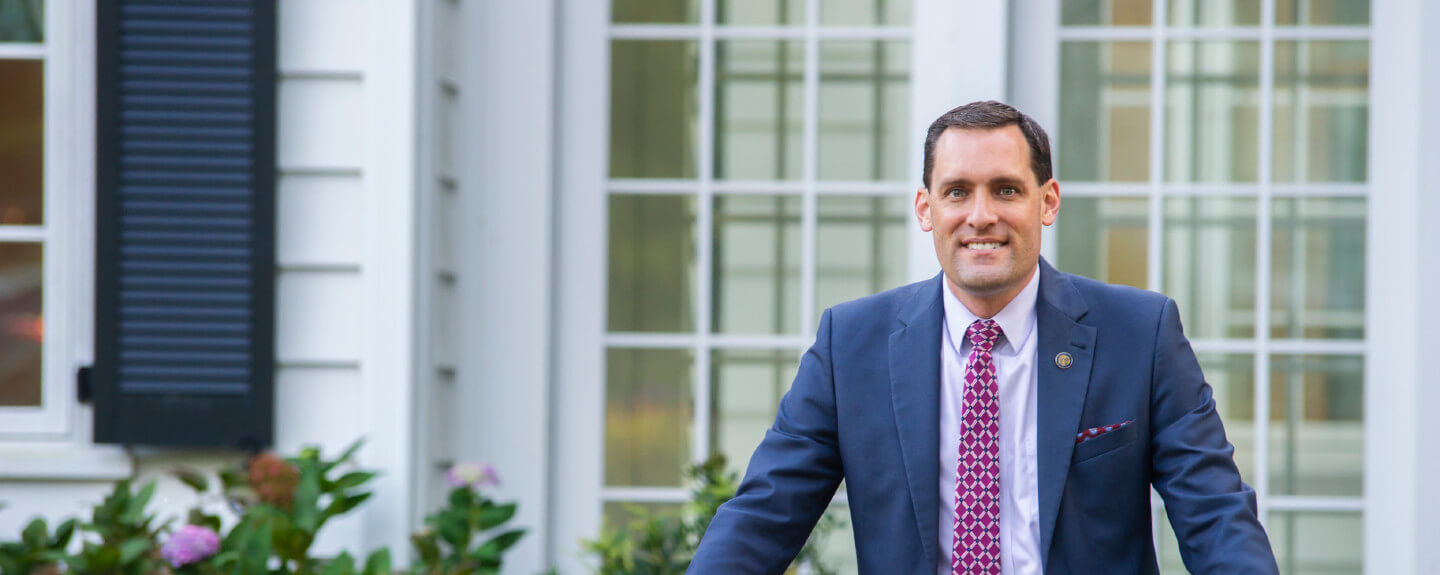It’s Time for Mental Health Investments
Recently I was sitting in a school’s front office, and the office staff were discussing how to prevent school shootings. Although they had varied views on gun safety, they all agreed that the government should be doing more to address mental health issues. As a social worker, I agree with them. So do the vast majority of Americans. I am hoping that this is an idea whose time has come.
Along with the conversation about mental health that accompanies the gun debate, there are a number of other emerging public policy challenges that only emphasize the need for a greater response from public officials. It is becoming increasingly clear that addressing many of the problems that we as a society are facing requires a strong mental health component for their solution.
Both prison and hospital administrators are raising red flags about how their facilities are being inappropriately used as holding spaces for people who need mental health treatment. Neither of these institutions provide actual mental health treatment, and both cost more than dedicated mental health facilities.
With adults and children, we are paying more attention to the impact of trauma and the need for mental health care to address it. Among veterans, we know that PTSD results in high rates of suicide, trouble securing employment, and family instability. Public health researchers have documented many ways that “adverse childhood experiences” ranging from abuse and neglect to household dysfunction create negative mental health outcomes later in life. In education, one of the cutting edge trends is understanding how children experiencing trauma have brains that struggle to learn.
The national crisis of opioid addiction is raising awareness of the inadequacy of our substance abuse and mental health services. Although many opioid addictions begin with physical pain treatments, it is quite clear that breaking the addiction requires treatment beyond simple medication.
And, there is increasing demand for mental health services as stigma around mental illness continues to decline. Similarly, more people are seeking treatment as it becomes more effective, through advances in both pharmacological and human mental health approaches.
To tackle the challenges posed by mental illness, North Carolina needs to undertake ambitious action, including:
- Ensuring complete mental health parity in all private health insurance plans, allowing anyone with insurance to have an affordable way to access treatment.
- Changing North Carolina Medicaid so that participants have access to physical and mental health care through one system, while also ensuring that system prioritizes services over profits.
- Providing additional funding for school mental health professionals, including social workers, guidance counselors, and school psychologists.
- Building or supporting additional mental health crisis centers that provide acute care, thereby moving people in crisis out of prisons and emergency rooms.
- Investing in combined substance abuse and mental health treatment programs that specialize in moving people from addiction to employment and family stability.
- Increasing the size and access of specialty courts like Veterans’ Court and Mental Health Court that connect people directly to services in an effort to keep them out of jail.
I am sure that mental health advocates have even more ideas for how we can better address this issue. Perhaps you do as well. If this is an issue that you care about and you have ideas of how I can help, please contact me with your thoughts at the email address below.
Graig Meyer is the State Representative for House District 50, covering portions of Orange and Durham Counties. He can be contacted at graig.meyer@ncleg.net.
This column was originally published in the News of Orange.

